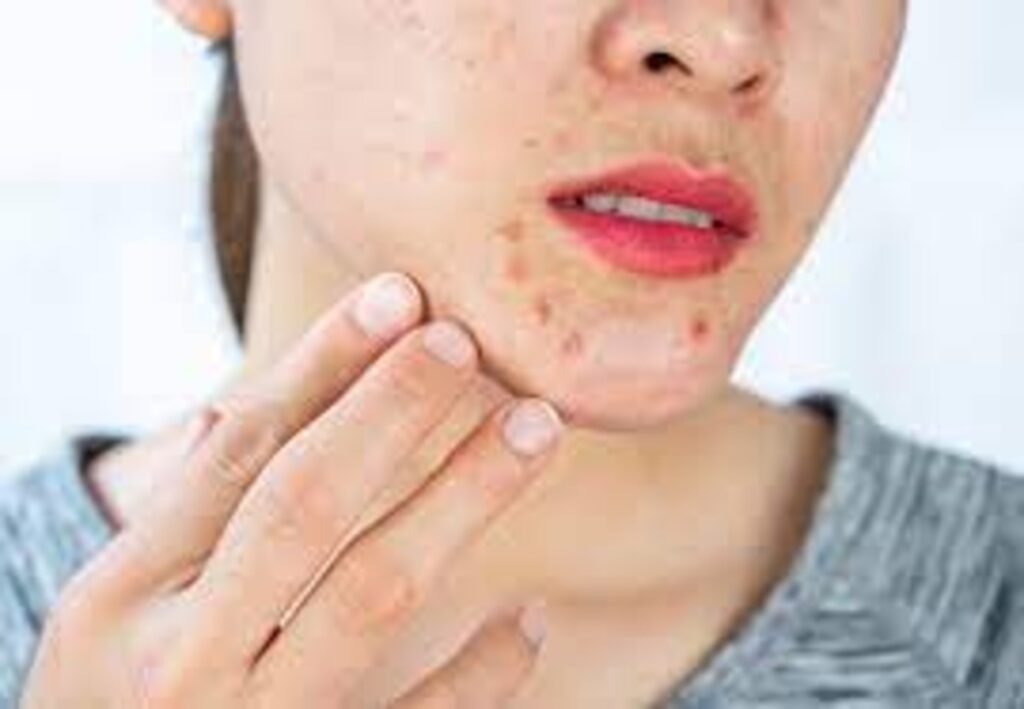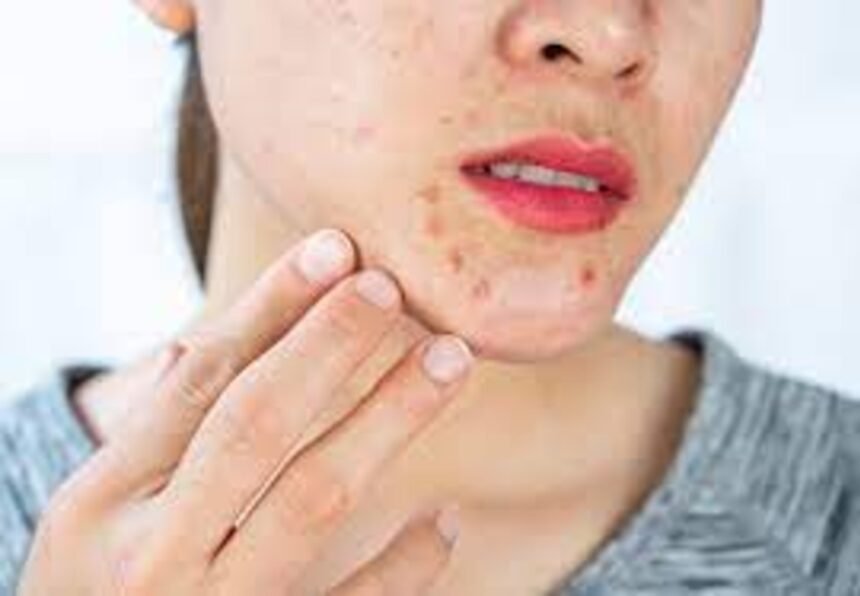With the UK experiencing an unexpected heatwave, it’s crucial to be mindful of your skin’s health. Skin cancer is a growing concern, with record-high diagnoses, especially among those aged 55 and older. To help you protect yourself during this sunny period, experts advise using the “ugly duckling rule” as a simple yet effective way to spot potential signs of skin cancer.

What is the ‘Ugly Duckling Rule’?
The “ugly duckling rule” is a straightforward method for identifying unusual-looking moles, spots, and growths on your skin, which can be key warning signs of melanoma, a severe form of skin cancer. Essentially, this rule suggests that if a mole or spot stands out or looks different from others around it, you should promptly consult a doctor.
Key Indicators of Suspicious Moles or Spots
Here are some essential factors to consider when using the “ugly duckling rule” to assess your skin:
1. Asymmetry: Most melanomas are uneven or irregular in shape.
2. Border: The edges around a melanoma are likely to be uneven, irregular, or jagged.
3. Colour: Melanomas usually exhibit more than one colour, such as brown mixed with black, red, pink, white, or a blue tint.
4. Diameter: Melanomas tend to be larger, typically more than 6mm wide.
5. Evolving: Look for changes in the size, shape, or colour of a mole.
Additional Warning Signs
In addition to the ugly duckling rule, be on the lookout for other unusual marks on your skin that last for more than a few weeks. Pay attention to moles that tingle, itch, crust, bleed, or something growing beneath a nail. If you notice any of these changes or signs, it’s crucial to visit your GP right away.
Early Detection is Key
Remember that early detection of skin cancer significantly improves the long-term outcome. There are two main types of skin cancer: non-melanoma and melanoma. The latter, melanoma, often develops from a pre-existing mole. Approximately 85% of melanomas are caused by excessive exposure to ultraviolet (UV) radiation, such as from the sun.
Record-High Skin Cancer Cases
The number of skin cancer cases in the UK has reached a record high, with a particularly sharp increase among individuals over the age of 55. According to Cancer Research UK, there are now 17,500 melanoma cases diagnosed annually, a number projected to surge by 50% to 26,500 by 2040. The charity’s CEO, Michelle Mitchell, has described this rise as “alarming” and emphasises the importance of sun protection.
Staying Safe During the Heatwave
As temperatures soar during this heatwave, it’s crucial to take precautions to protect your skin and overall health. The NHS recommends:
– Staying out of the heat when possible.
– Seeking shade between 11 am and 3 pm if you need to be outdoors.
– Applying sunscreen with an SPF rating of at least 30, wearing a hat, and choosing lightweight clothing.
– Avoiding strenuous physical activity in the heat.
– Staying hydrated with cold food and drinks.
– Limiting alcohol, caffeine, and hot beverages.
– Cooling off with a refreshing shower or applying cool water to your skin or clothing.
– Keeping indoor spaces cool by closing windows during the day and opening them at night when the temperature drops.
In conclusion,
While enjoying the UK’s unexpected heatwave, don’t forget to protect your skin by being vigilant and using the “ugly duckling rule” to spot potential signs of skin cancer. Early detection and sun-safe practices are essential for your well-being during these sunny days.





